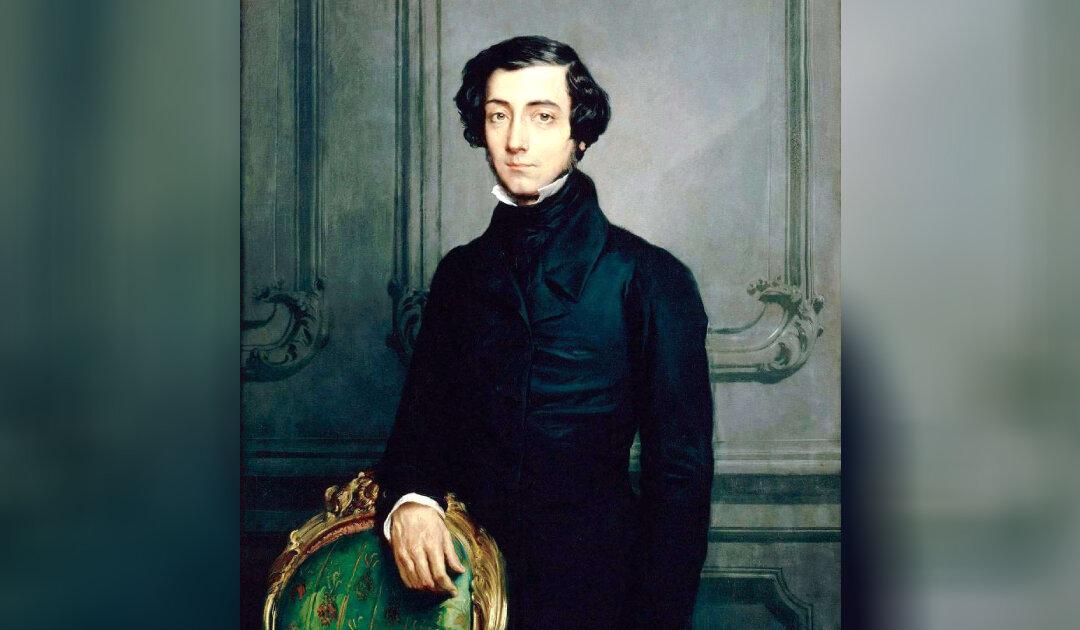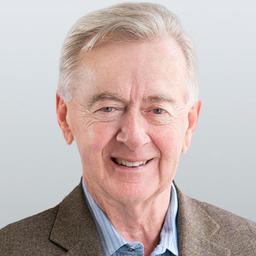Commentary
There is a rule in political debate which is helpful if the object is to win the debate and thus secure public support for ones’ position, and that rule is this: If you find yourself debating within a conceptual framework that favours your opponents, don’t continue to struggle within that framework—change the framework!





